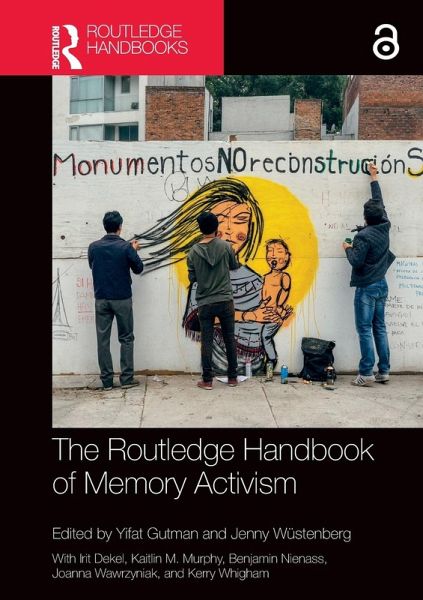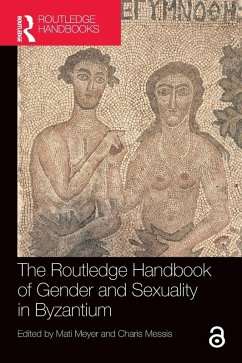
The Routledge Handbook of Memory Activism
Versandkostenfrei!
Versandfertig in 6-10 Tagen
44,99 €
inkl. MwSt.

PAYBACK Punkte
22 °P sammeln!
This Handbook is the first systematic effort to map the fast-growing phenomenon of memory activism and to delineate a new field of research that lies at the intersection of memory and social movement studies.From Charlottesville to Cape Town, from Santiago to Sydney, we have recently witnessed protesters demanding that symbols of racist or colonial pasts be dismantled and that we talk about histories that have long been silenced. But such events are only the most visible instances of grassroots efforts to influence the meaning of the past in the present. Made up of more than 80 chapters that e...
This Handbook is the first systematic effort to map the fast-growing phenomenon of memory activism and to delineate a new field of research that lies at the intersection of memory and social movement studies.
From Charlottesville to Cape Town, from Santiago to Sydney, we have recently witnessed protesters demanding that symbols of racist or colonial pasts be dismantled and that we talk about histories that have long been silenced. But such events are only the most visible instances of grassroots efforts to influence the meaning of the past in the present. Made up of more than 80 chapters that encapsulate the rich diversity of scholarship and practice of memory activism by assembling different disciplinary traditions, methodological approaches, and empirical evidence from across the globe, this Handbook establishes important questions and their theoretical implications arising from the social, political, and economic reality of memory activism.
Memory activism ismultifaceted, takes place in a variety of settings, and has diverse outcomes - but it is always crucial to understanding the constitution and transformation of our societies, past and present. This volume will serve as a guide and establish new analytic frameworks for scholars, students, policymakers, journalists, and activists alike.
From Charlottesville to Cape Town, from Santiago to Sydney, we have recently witnessed protesters demanding that symbols of racist or colonial pasts be dismantled and that we talk about histories that have long been silenced. But such events are only the most visible instances of grassroots efforts to influence the meaning of the past in the present. Made up of more than 80 chapters that encapsulate the rich diversity of scholarship and practice of memory activism by assembling different disciplinary traditions, methodological approaches, and empirical evidence from across the globe, this Handbook establishes important questions and their theoretical implications arising from the social, political, and economic reality of memory activism.
Memory activism ismultifaceted, takes place in a variety of settings, and has diverse outcomes - but it is always crucial to understanding the constitution and transformation of our societies, past and present. This volume will serve as a guide and establish new analytic frameworks for scholars, students, policymakers, journalists, and activists alike.














